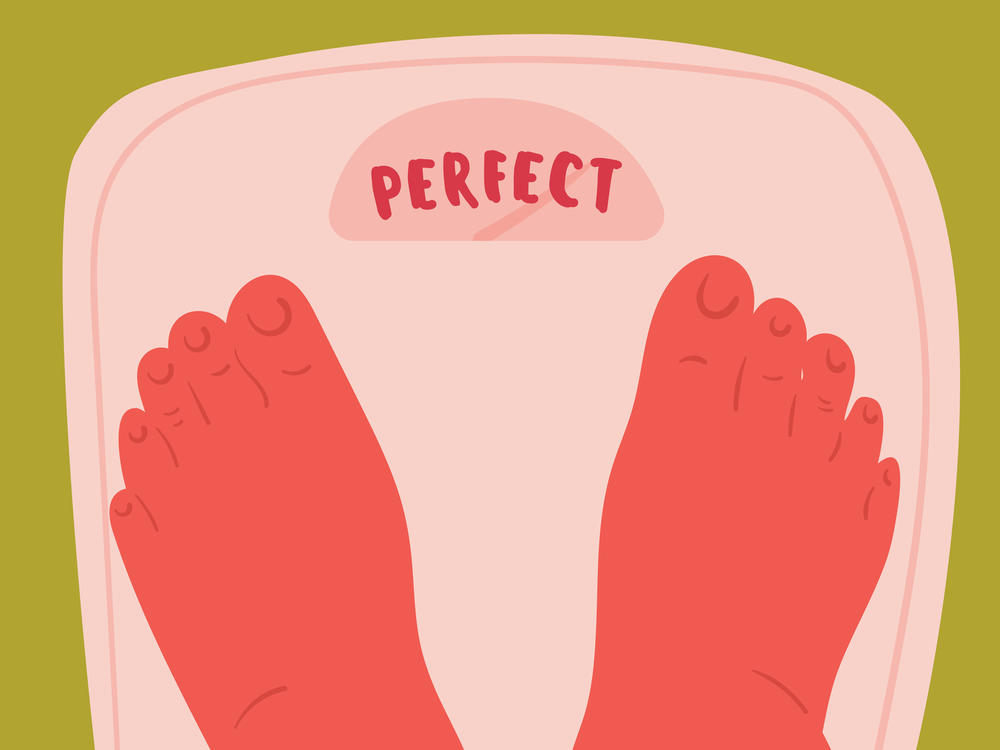Section Branding
Header Content
Anti-Diet Culture Gets Hijacked
Primary Content
In recent years, the body positivity movement has raised it's profile, especially on social media largely through self-described anti-diet and body positivity influencers.
These influencers and others like them represent a pivot away from the diet and fitness culture embodied by companies like weight watchers, which focuses on losing weight as a path to healthier living.
Today there is a broad "anti-diet" movement that posits that bodies can be healthy at any size. But some are trying to co-opt this movement.
An investigation by The Washington Post and the Examination found that large food companies are recruiting these influencers to promote sugary cereals and processed snacks.
As people who are part of the anti-diet movement saw an opportunity to practice and spread a message of self-love and acceptance, big food companies saw an opportunity to make money.
For sponsor-free episodes of Consider This, sign up for Consider This+ via Apple Podcasts or at plus.npr.org.
Email us at considerthis@npr.org.

